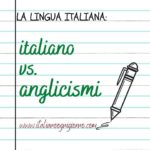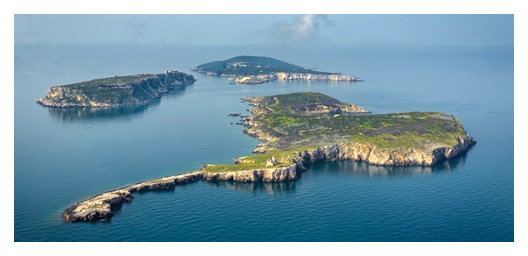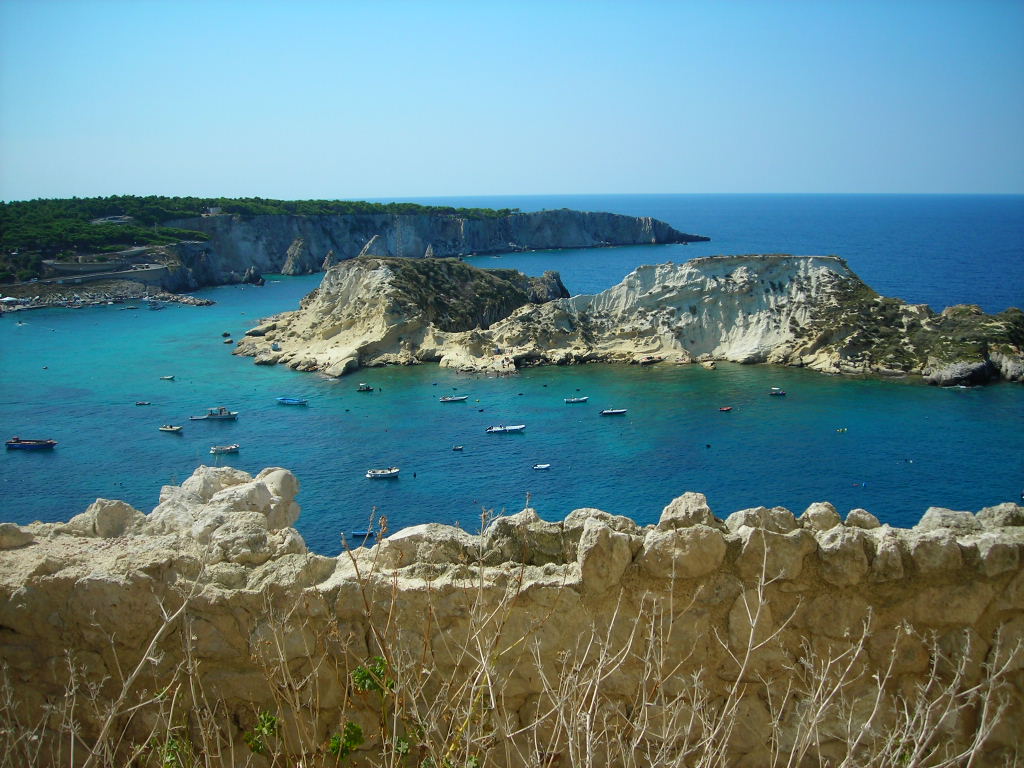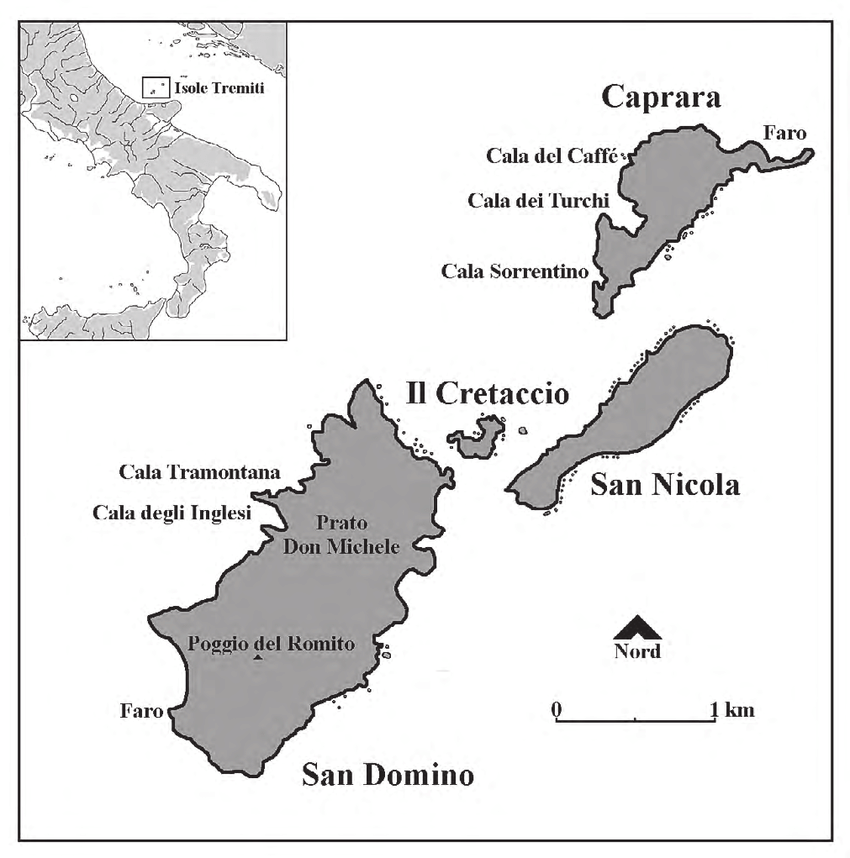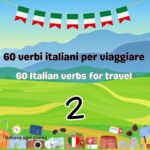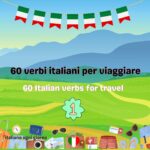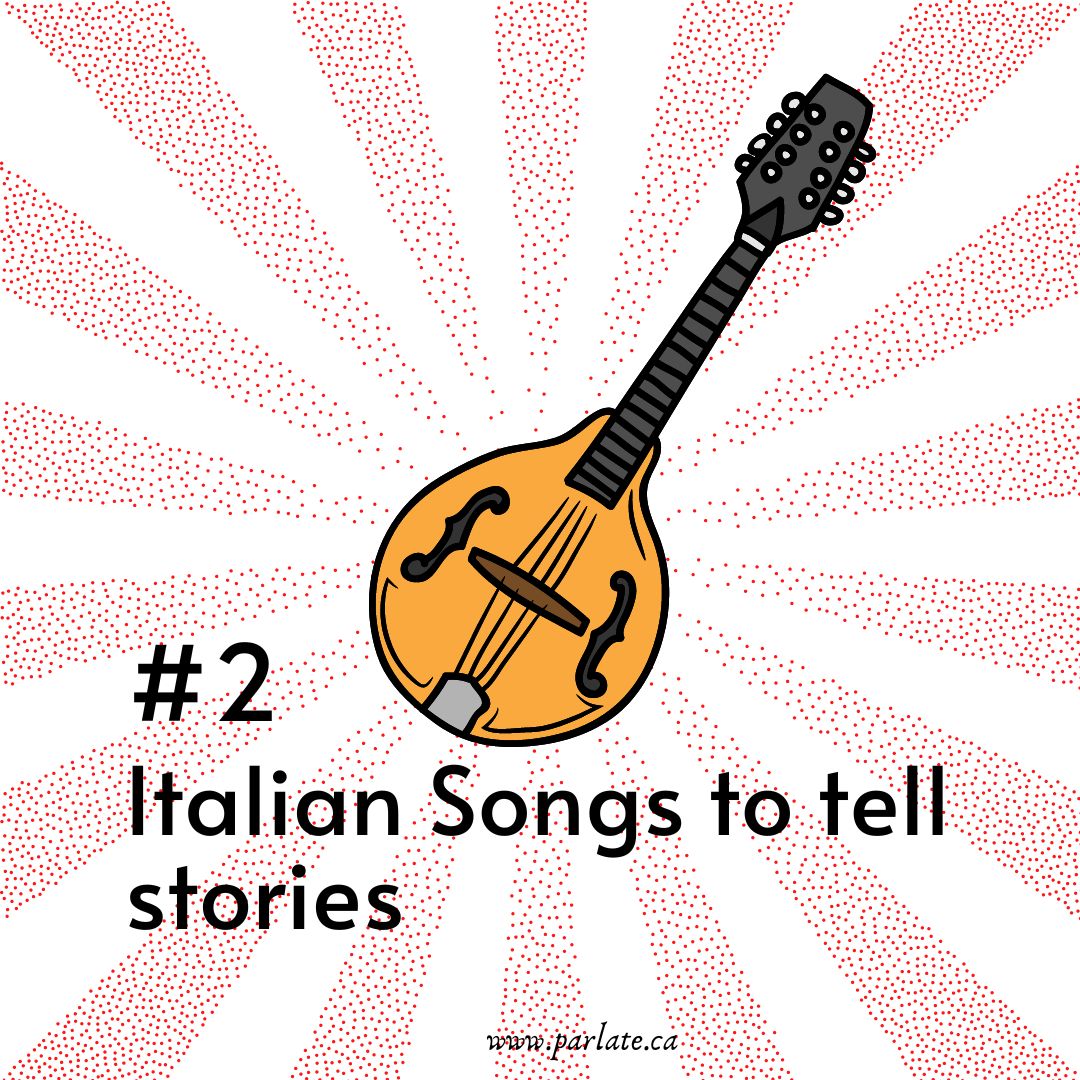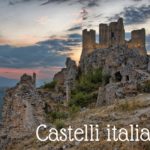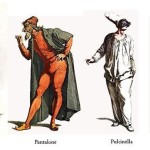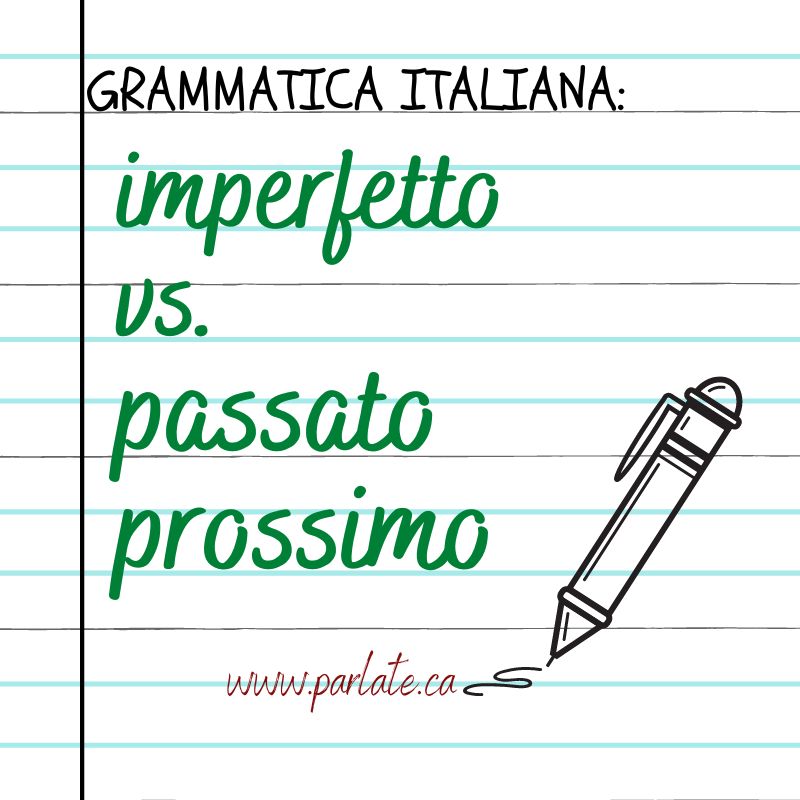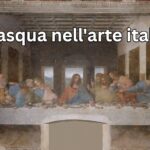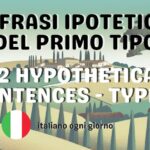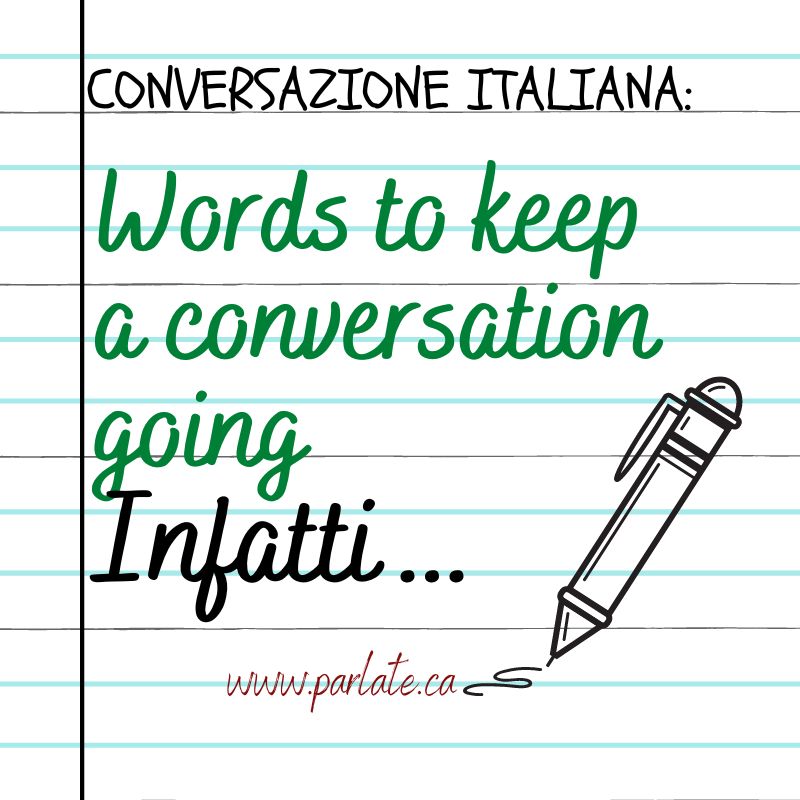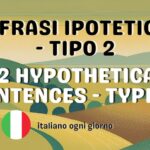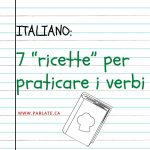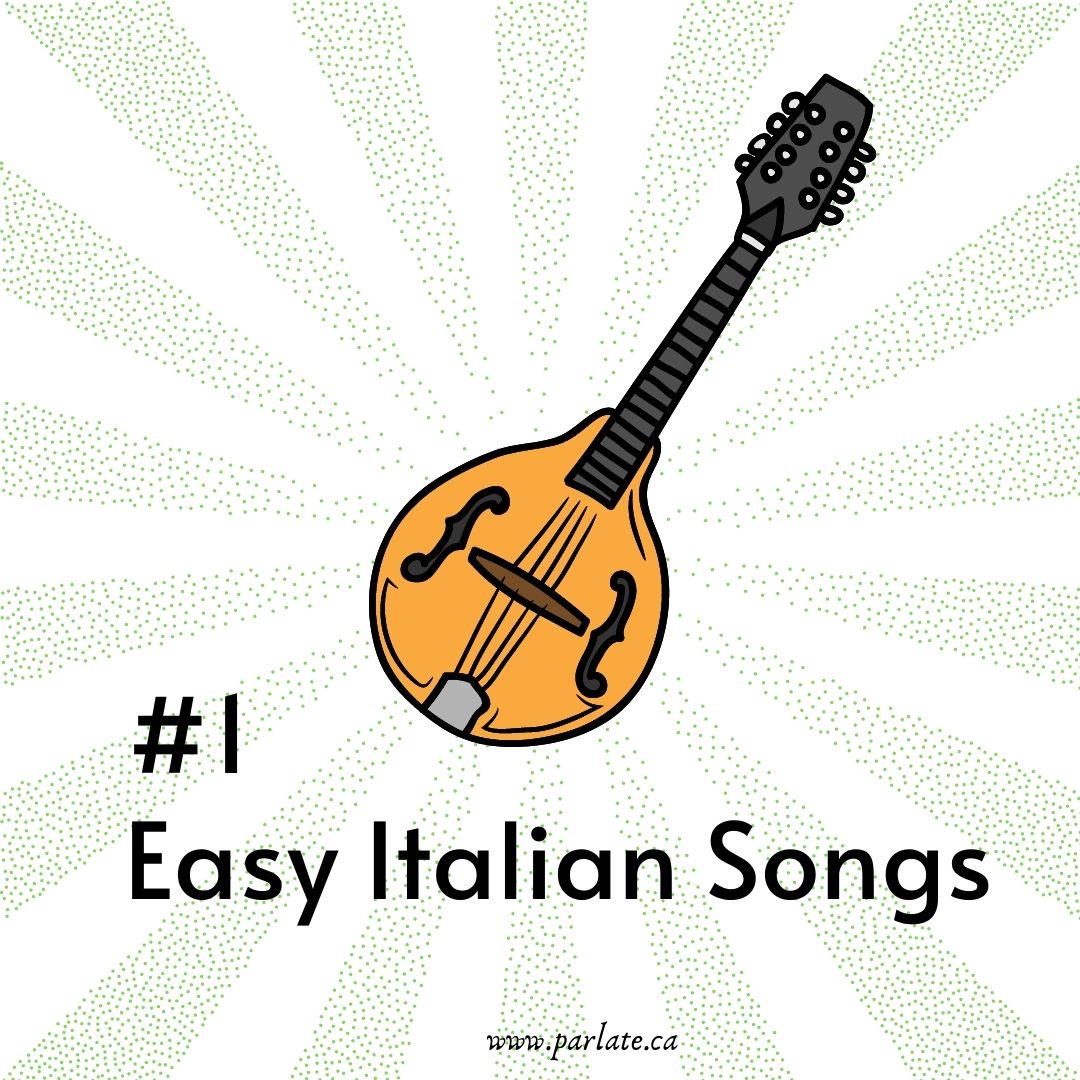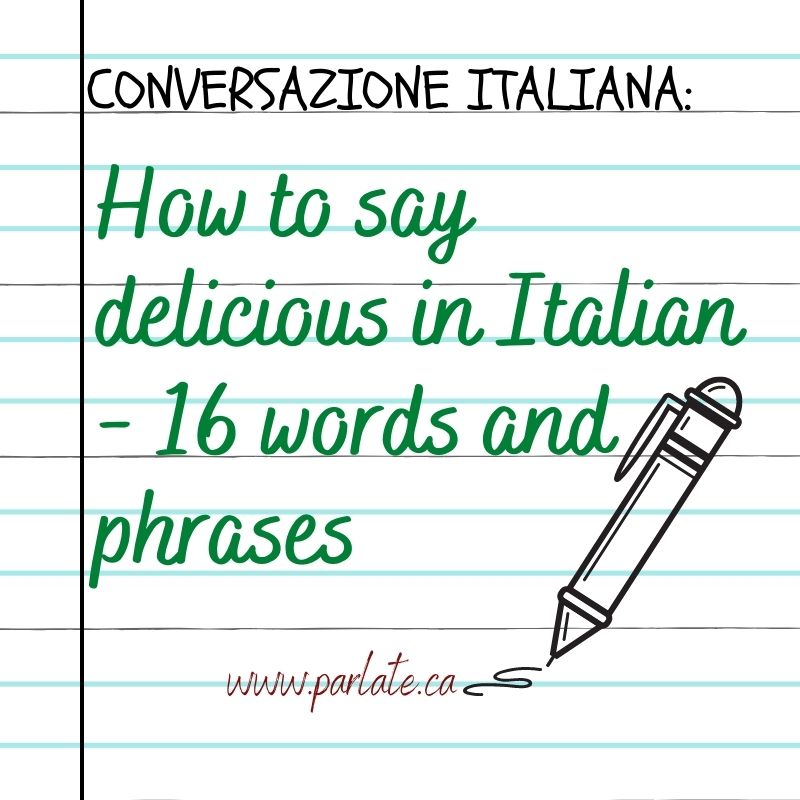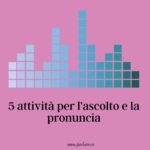(English follows)
Sophia Loren è una donna italiana amata e rispettata in tutto il mondo, un’icona del cinema internazionale, armata non solo di bellezza e fascino, ma soprattutto di rigore, tenacia e disciplina.
Dietro tanto successo si nasconde un’infanzia di estrema povertà e anni di duro lavoro. La sua vita è un affresco della società della seconda metà del secolo scorso.
Sophia Loren è il nome d’arte di Sofia Costanza Brigida Villani Scicolone, nata a Roma il 20 settembre 1934 in un reparto d’ospedale per donne non sposate. Sua madre Romilda Villani è una bellissima donna che sogna di diventare una stella del cinema e vince il concorso come sosia di Greta Garbo, ma non riesce a realizzare il suo sogno di andare a Hollywood. Suo padre Riccardo Scicolone, un giovane ingegnere, finge di essere un produttore cinematografico, una delle sue tante bugie.
Sposato con un’altra donna, rifiuta di adottare la figlia illegittima, ma le permette di prendere il suo cognome.
Intanto la madre continua la sua relazione con Riccardo con cui concepisce nel 1937 la seconda figlia, Maria, ma lui rifiuta di riconoscerla.
Non potendosi permettere di vivere a Roma, Romilda torna con le figlie a vivere a Pozzuoli con la sua famiglia. Sofia cresce in estrema povertà e da bambina ha anche il soprannome di “stuzzicadenti” a causa della sua magrezza.
In questo periodo l’Italia è trascinata da Mussolini nella seconda guerra mondiale e la vita diventa un inferno a Pozzuoli. Il cibo manca e bisogna ricorrere a misure estreme per sopravvivere. Per circa 5 anni lottano contro la fame, la malattia e il pericolo.
Alla fine della guerra Sofia trova rifugio nel nuovo cinema di paese dove guarda film americani. I suoi preferiti sono i film romantici con Cary Grant e Tyrone Power. Da bambina magra e malata, Sofia diventa un’adolescente di una bellezza sorprendente. La mamma realizza che la bellezza della figlia offre una speranza di sfuggire alla povertà e l’accompagna a Roma in cerca di successo.
Nel 1950 vince il titolo di Miss Eleganza al concorso di Miss Italia a Roma durante il quale incontra il produttore Carlo Ponti, che diventa suo pigmalione artistico e la cambia il nome a Sophia Loren. Inizia la carriera di modella e fa il suo debutto cinematografico recitando in “Quo Vadis?”. Tra il 1950 e il 1952 recita in diversi fotoromanzi e fa piccole apparizioni in film minori che le permettono di pagare un modesto bilocale con la madre e la sorella.
Negli anni seguenti ottiene ruoli principali in una dozzina di film come “L’Africa sotto i mari”, “Aida”, e “Attila” con Anthony Quinn.
Nel 1954 inizia una lunga e proficua collaborazione con il regista Vittorio De Sica, che dirige alcuni dei suoi più grandi successi.
La stampa italiana chiama l’anno 1955, l’anno di Sofia. A 21 anni ha già alle spalle 36 film.
Ormai una stella in Italia, Carlo Ponti pianifica il suo approdo a Hollywood. Sofia prende lezioni d’inglese e lancia la sua carriera internazionale.
Riconoscendo le sue doti artistiche Paramount Pictures le offre un contratto di 4 film.
Le apparizioni cinematografiche degne di nota in questo periodo includono “Orgoglio e Passione” (“The Pride and the Passion”), “La Baia di Napoli” (“It Started in Naples”) e “Un marito per Cinzia” (“Houseboat”) con Cary Grant.
Nel film “L’orchidea nera”, dove torna a recitare al fianco di Anthony Quinn, rivela la sua bravura a immergersi nella propria psiche.
Nel 1959 tutto quello che lei, sua madre e Carlo sognavano diventa realtà quando al Festival di Venezia Sofia vince il premio come migliore attrice nel film “L’orchidea nera”.
Nel 1960 Vittorio De Sica annuncia di voler scegliere Sofia nel film “La Ciociara” come la figlia di una contadina durante la 2a guerra mondiale, ma Anna Magnani nel ruolo della madre rifiuta di essere la madre di Sofia. De Sica sorprende tutti e sceglie Sofia come la madre, nonostante i timori di Sofia di non avere la maturità e la profondità richieste dal ruolo a soli 26 anni. Ma De Sica sa che l’infanzia di Sofia le ha dato la preparazione necessaria. Parlando del ruolo, Sofia dice che si è immedesimata nella vita di sua madre.
Per il suo ruolo in “La Ciociara” vince molti premi tra cui l’Oscar nel 1962. E’ la prima artista a vincere un Oscar per un film straniero con il miglior ruolo da protagonista.
Sofia continua a mostrare di essere un’attrice di grande talento e spessore nei suoi ruoli successivi tra cui “El Cid” e “la Caduta dell’Impero Romano.” La sua spontaneità napoletana non è comune nel cinema americano.
Sofia, Carlo e Vittorio iniziano a una serie di nuovi progetti. Nel 1963 recita con Marcello Mastroianni in “Ieri, oggi, domani” che dà inizio al loro duo romantico dello schermo. Con “Matrimonio all’italiana” riceve la sua seconda nomination agli Oscar.
Sofia è ora l’attrice preferita al mondo richiesta dai maggiori studi cinematografici. Assume ruoli in film prestigiosi come “Arabesque” con Gregory Peck e “la Contessa di Hong Kong” con Marlon Brando, diretto da Charlie Chaplin.
Nel 1975 “Un giorno speciale” con Marcello Mastroianni diventa un altro acclamato successo internazionale. Sofia dice che “La ciociara” è il film della sua giovinezza, mentre “Un giorno speciale” è quello dell’età adulta.
Dopo aver messo su famiglia all’inizio degli anni ’70, la Loren sceglie di fare solo apparizioni cinematografiche occasionali e anche film per la TV, tra cui “Mamma Lucia”.
Pubblica anche un’autobiografia intitolata “Sophia’s Life and Love: Her Own Story”, che vende milioni di copie.
Nel 1991 Sophia riceve l’Oscar alla carriera e la Legion d’Onore francese.
Nel 1994 torna sul set con il suo amato Marcello nella commedia Pret-a-porter. Negli anni successivi, appare in film americani come “Grumpier Old Men” e “Nine”, ispirato a “Otto e mezzo” di Fellini.
Nel 1998 vince il Leone d’Oro, il Premio alla carriera alla Mostra del Cinema di Venezia, e il Pallone d’Oro.
Nel 1999 riceve il Premio David di Donatello alla carriera. Sofia detiene il record con sei David di Donatello come migliore attrice.
Nel 2014 partecipa in una serie di iniziative volte a festeggiare i suoi 80 anni.
Al 67mo Festival di Cannes è omaggiata Fuori Concorso con il cortometraggio diretto dal figlio Edoardo Ponti, “Voce umana”, in cui è protagonista.
Sofia recita nel 2021 nel film “La vita davanti” diretto dal figlio, Edoardo Ponti, il quale dice che il ruolo è perfetto per sua madre, che ha una combinazione di forza, fragilità, umorismo e irriverenza, ma soprattutto amore.
- Nome: Sofia Costanza Brigida Villani Scicolone
- Nome d’arte: Sophia Loren
- Data di Nascita: 20 settembre 1934
- Luogo di nascita: Roma, Lazio, Italia
- Madre: Romilda Villani
- Padre: Riccardo Scicolone
- Sorella: Anna Maria Scicolone
- Marito: Carlo Ponti
- Figlio: Carlo Ponti Jr. (n. 29-Dec-1968)
- Figlio: Edoardo Ponti (n. 6-Jan-1973)
Filmografia:
- 1949 – Cuori sul mare – Attore – Ragazza al ristorante ‘Zi Teresa’
- 1950 – Le sei mogli di Barbablù – Attore – Una delle ragazze rapite
- 1950 – Luci del varietà – Attore – Ballerina
- 1950 – Il voto – Attore – Una popolana
- 1950 – Lebbra bianca – Attore – Una ragazza della pensione Gorini
- 1950 – Io sono il Capataz – Attore – Segretaria del Dittatore
- 1951 – Anna – Attore – Assistente di Vittorio al Night …
- 1951 – Era lui… sì! sì! – Attore – Odalisca/Modella
- 1951 – Il sogno di Zorro – Attore – Conchita
- 1951 – Il mago per forza – Attore – La sposina
- 1951 – Totò Tarzan – Attore – Ragazza del Circolo Tarzanista
- 1951 – Milano miliardaria – Attore – Commessa del bar
- 1951 – Il padrone del vapore – Attore – Ballerinetta
- 1952 – La tratta delle bianche – Attore – Elvira
- 1952 – Africa sotto i mari – Attore – Barbara Lama
- 1952 – È arrivato l’accordatore – Attore – Amica di Giulietta
- 1952 – La favorita – Attore – Leonora di Guzman
- 1953 – Ci troviamo in galleria – Attore – Marisa
- 1953 – Un giorno in pretura – Attore – Anna la ladra
- 1953 – La domenica della buona gente – Attore – Ines
- 1953 – Aida – Attore – Aida
- 1953 – Il paese dei campanelli – Attore – Bonbon
- 1953 – Due notti con Cleopatra – Attore – Cleopatra/Nisca
- 1953 – Carosello napoletano – Attore – Sisina
- 1954 – Pellegrini d’amore – Attore – Beppina Delli Colli/Giulietta
- 1954 – Miseria e nobiltà – Attore – Gemma, figlia di Don Gaetano
- 1954 – Peccato che sia una canaglia – Attore – Lina Stroppiani
- 1954 – Attila – Attore – Onoria
- 1954 – Tempi nostri – Attore – La ragazza (“La macchina fotografica”)
- 1954 – L’oro di Napoli – Attore – Sofia, la pizzaiola (“Pizze a …
- 1955 – Pane, amore e… – Attore – Sofia la “smargiassa”
- 1955 – Il segno di Venere – Attore – Agnese Tirabassi
- 1955 – La bella mugnaia – Attore – Carmela, la mugnaia
- 1955 – La donna del fiume – Attore – Nives Mangolini
- 1956 – La fortuna di essere donna – Attore – Antonietta Fallari
- 1957 – Timbuctù – Attore – Dita
- 1957 – Il ragazzo sul delfino – Attore – Fedra
- 1957 – Orgoglio e passione – Attore – Juana
- 1958 – Orchidea nera – Attore – Rosa Bianco
- 1958 – Un marito per Cinzia – Attore – Cinzia Zaccardi
- 1958 – La chiave – Attore – Stella
- 1958 – Desiderio sotto gli olmi – Attore – Anna Cabot
- 1959 – Quel tipo di donna – Attore – Kay
- 1959 – Il Diavolo in calzoncini rosa – Attore – Angela Rossini
- 1960 – La miliardaria – Attore – Epifania Parerga
- 1960 – La ciociara – Attore – Cesira
- 1960 – Olympia – Attore – Principessa Olympia
- 1960 – La baia di Napoli – Attore – Lucia Curcio
- 1961 – El Cid – Attore – Jimena de Gormaz
- 1961 – Madame Sans-Gêne – Attore – Catherine Heubscher detta Madame Sans-Gê…
- 1962 – Boccaccio ’70 – Attore – Zoe (“La riffa”)
- 1962 – Il coltello nella piaga – Attore – Lisa Macklin
- 1962 – I sequestrati di Altona – Attore – Johanna
- 1963 – Ieri, oggi, domani – Attore – Adelina Sparano/Anna Molteni/Mara
- 1964 – La caduta dell’Impero romano – Attore – Lucilla
- 1964 – Matrimonio all’italiana – Attore – Filumena Marturano
- 1965 – Judith – Attore – Judith
- 1965 – Operazione Crossbow – Attore – Nora
- 1965 – Lady L – Attore – Lady L/Louise Lendale
- 1966 – Arabesque – Attore – Yasmin Azir
- 1967 – C’era una volta – Attore – Isabella Candeloro
- 1967 – La contessa di Hong Kong – Attore – Natascia Alexandroff
- 1967 – Questi fantasmi – Attore – Maria Lojacono
- 1969 – I girasoli – Attore – Giovanna
- 1970 – La moglie del prete – Attore – Valeria Billi
- 1971 – La mortadella – Attore – Maddalena Ciarrapico
- 1972 – L’uomo della Mancha – Attore – Aldonza/Dulcinea
- 1972 – Bianco, rosso e… – Attore – Suor Germana
- 1974 – Breve incontro – Attore – Anna Jesson
- 1974 – L’accusa è: violenza carnale e omicidio – Attore – Teresa Leoni
- 1974 – La pupa del gangster – Attore – Pupa
- 1974 – Il viaggio – Attore – Adriana De Mauro
- 1975 – Un sorriso, uno schiaffo e un bacio in bocca – Attore
- 1976 – Cassandra Crossing – Attore – Jennifer Chamberlain
- 1977 – Angela – Il suo unico peccato era l’amore… il suo unico amore era il figlio – Attore – Angela Kincaid
- 1977 – Una giornata particolare – Attore – Antonietta Tiberi
- 1978 – Obiettivo “Brass” – Attore – Mara
- 1978 – Fatto di sangue fra due uomini per causa di una vedova, si sospettano moventi politici – Attore – Concetta Paternò
- 1979 – Bocca da fuoco – Attore – Adele Tasca
- 1980 – SuperTotò – Attore
- 1984 – Qualcosa di biondo – Attore – Aurora
- 1986 – Madre coraggio – Attore – Marianna Miraldo
- 1988 – Mamma Lucia – Attore – Lucia
- 1989 – La ciociara – Attore – Cesira
- 1990 – Sabato, domenica e lunedì – Attore – Rosa Priore
- 1994 – Pret-a-Porter – Attore – Isabella de la Fontaine
- 1995 – That’s Amore – Due improbabili seduttori – Attore – Maria Sophia Coletta Ragetti
- 1997 – Soleil – Attore – Mamma Lévy
- 2001 – Francesca e Nunziata – Attore – Francesca Montorsi
- 2002 – Cuori estranei – Attore – Olivia
- 2004 – La terra del ritorno – Attore – Teresa Innocente
- 2004 – Peperoni ripieni e pesci in faccia – Attore – Maria
- 2007 – Sophia: ieri, oggi, domani – Attore – Se stessa
- 2009 – Nine – Attore – Madre di Guido
- 2010 – L’ultimo Gattopardo – Ritratto di Goffredo Lombardo – Attore – Se stessa
- 2011 – Schuberth – L’Atelier della Dolce Vita – Attore
- 2012 – Love, Marilyn – Attore – Se stessa
- 2013 – Voce umana – Attore – Angela
- 2015 – Dietro gli occhiali bianchi – Attore – Se stessa
- 2020 – La vita davanti a sé – Attore – Madame Rosa
Documentario su Sophia Loren
GUARDA DUE FILM:
Peccato che sia una canaglia (1954)
La fortuna di essere donna (1956)
English version:
Sophia Loren is an Italian woman loved and respected all over the world, an icon of international cinema, armed not only with beauty and charm, but above all with rigor, tenacity and discipline.
Behind so much success, hides a childhood of extreme poverty and years of hard work. Her life is a fresco of the society of the second half of the last century.
Sophia Loren is the stage name of Sofia Costanza Brigida Villani Scicolone, born in Rome on 20 September 1934 in a hospital ward for unmarried women. Her mother Romilda Villani is a beautiful woman who dreams of becoming a movie star and wins the competition as an impersonator of Greta Garbo, but she fails to realize her dream of going to Hollywood. Her father Riccardo Scicolone, a young engineer, pretends to be a film producer, one of his many lies.
Married to another woman, he refuses to adopt his illegitimate daughter, but allows her to take her surname.
Meanwhile, her mother continues her relationship with Riccardo with whom she conceives in 1937 her second daughter, Maria, but he refuses to recognize her.
Unable to afford to live in Rome, Romilda returns with her daughters to live in Pozzuoli with her family. Sofia grows in extreme poverty and as a child her nickname is “toothpick” (stuzzicadenti) due to her thinness.
In this period, Italy is dragged by Mussolini into the Second World War and life becomes hell in Pozzuoli. Food is lacking and extreme measures must be used to survive. For about 5 years they fight against hunger, disease and danger.
At the end of the war, Sofia finds refuge in the new village cinema where she watches American films. Her favorites are romantic films with Cary Grant and Tyrone Power. From a thin and sick child, Sofia becomes a teenager of surprising beauty. Her mother realizes that the beauty of her daughter offers a hope of escaping poverty and she accompanies her to Rome in search of success.
In 1950 she wins the title of Miss Elegance at the Miss Italia contest in Rome during which she meets the producer Carlo Ponti, who becomes her artistic pygmalion and changes her name to Sophia Loren. She begins her modeling career and makes her film debut starring in “Quo Vadis?”. Between 1950 and 1952 she stars in several photo novels and makes small appearances in minor films that allowed her to pay for a modest one-bedroom apartment with her mother and sister.
In the following years she lands leading roles in a dozen films such as “Africa Under the Sea”, “Aida”, and “Attila” with Anthony Quinn.
In 1954 she begins a long and fruitful collaboration with film director Vittorio De Sica, who directs some of her greatest films.
The Italian press calls the year 1955 the year of Sofia. At 21, she already has 36 films behind her.
Now a star in Italy, Carlo Ponti plans her arrival in Hollywood. Sofia takes English lessons and launches her international career.
Recognizing her artistic talents, Paramount Pictures offers her a 4-film contract.
Notable film appearances during this period include “Pride and the Passion”, “La Baia di Napoli”, and “Houseboat” ) with Cary Grant.
In the film “The Black Orchid”, where she returns to act alongside Anthony Quinn, she reveals her ability to immerse herself in her own psyche.
In 1959, everything she, her mother and Carlo dreamed of become reality when Sofia wins the award for best actress in the film “The Black Orchid” at the Venice Film Festival.
In 1960 Vittorio De Sica announces that he wants to choose Sofia in the film “La Ciociara” (Two Women) as the daughter of a peasant woman during the 2nd World War, but Anna Magnani in the role of her mother refuses to be Sofia’s mother. De Sica surprises everyone and chooses Sofia as the mother, despite Sofia’s fears of not having the maturity and depth required by her role at just 26 years old. But De Sica knows that Sofia’s childhood gave her the necessary preparation. Speaking of her role, Sofia says that she identified with the life of her mother.
For her role in “La Ciociara” she wins many awards including the Oscar in 1962. She is the first artist to win an Oscar for a foreign film with the best leading role.
Sofia continues to show that she is an actress of great talent and depth in her later roles including “El Cid” and “The Fall of the Roman Empire.” Her Neapolitan spontaneity is not common in American cinema.
Sofia, Carlo and Vittorio begin a series of new projects. In 1963 she stars with Marcello Mastroianni in “Yesterday, today, tomorrow” which begins their romantic screen duo. With “Matrimonio all’italiana” she receives her second Oscar nomination.
Sofia is now the world’s favorite actress requested by major film studios. She takes on roles in prestigious films such as “Arabesque” with Gregory Peck and “The Countess of Hong Kong” with Marlon Brando, directed by Charlie Chaplin.
In 1975 “A special day” with Marcello Mastroianni becomes another acclaimed international success. Sofia says that “La ciociara” is the film from her youth, while “A special day” is that of adulthood.
After starting a family in the early 1970s, Loren chooses to make only occasional film appearances and some TV movies, including “Mamma Lucia”.
She also publishes an autobiography called “Sophia’s Life and Love: Her Own Story”, which sells millions of copies.
In 1991 Sophia receives the Academy Award for Lifetime Achievement and the French Legion of Honor.
In 1994 she returns to the set with her beloved Marcello in the comedy Pret-a-porter. In the following years, she appears in American films such as “Grumpier Old Men” and “Nine”, inspired by Fellini’s “Eight and a Half”.
In 1998 she won the Leone d’Oro, the Lifetime Achievement Award at the Venice Film Festival, and il Pallone D’Oro.
In 1999 she receives the David di Donatello Award for her career. Sofia holds the record with six David di Donatello as best actress.
In 2014 she participates in a series of initiatives aimed at celebrating her 80th birthday.
At the 67th Cannes Film Festival she is honored Out of Competition with the short film directed by her son Edoardo Ponti, “Human voice”, in which she is the protagonist.
Sofia stars in 2021 in the film “La vita prima” directed by her son, Edoardo Ponti, who says that the role is perfect for his mother, who has a combination of strength, fragility, humor and irreverence, but above all love.
- Una rassegna: Cosa abbiamo studiato in italiano nel 2024?
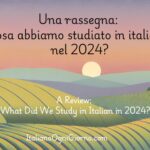
- 10 proverbi italiani di luglio

- Il fornaio celiaco del Rinascimento | Un racconto italiano

- I massacri delle foibe – Il Giorno del Ricordo
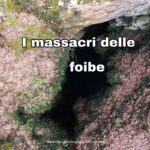
- Estate di San Martino- leggenda e tradizioni

- Michela Murgia: tenace scrittrice e attivista italiana

- I Vini italiani |Storia e Cultura

- Italian Formal and Informal pronouns
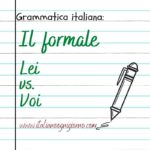
- Italian vs. Anglicisms and Gadda -Do we need a law to protect Italian?
